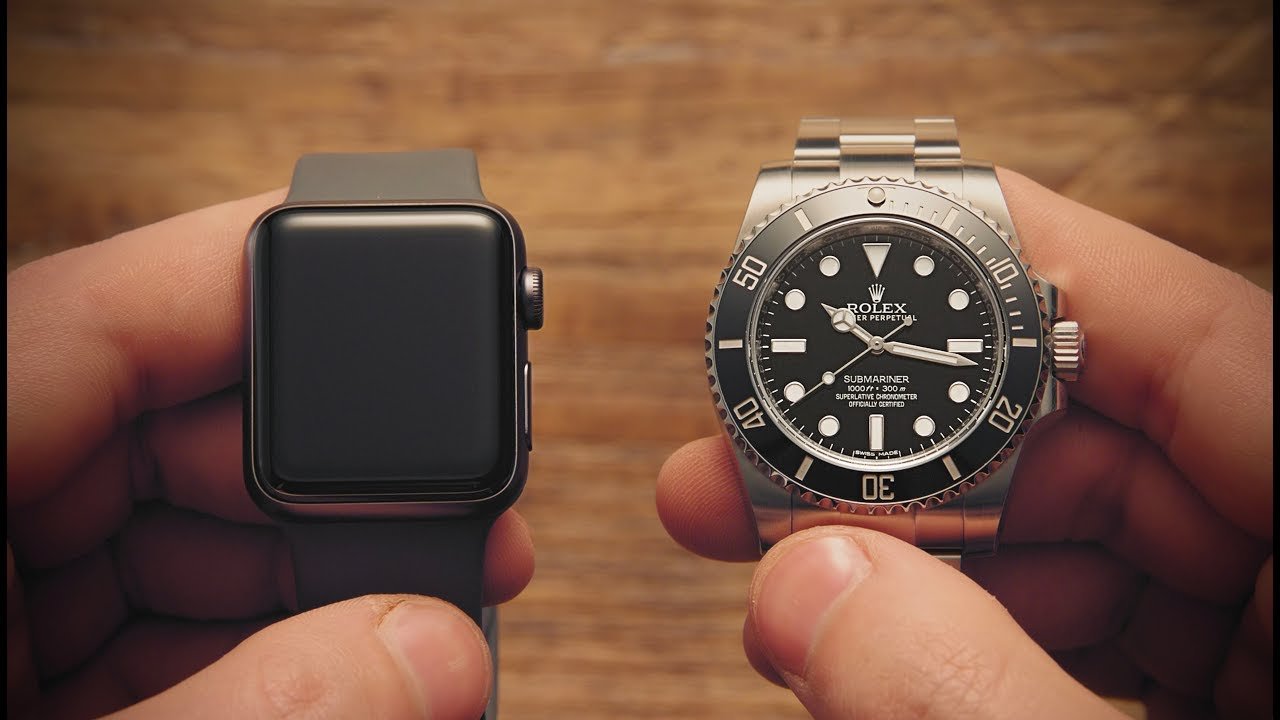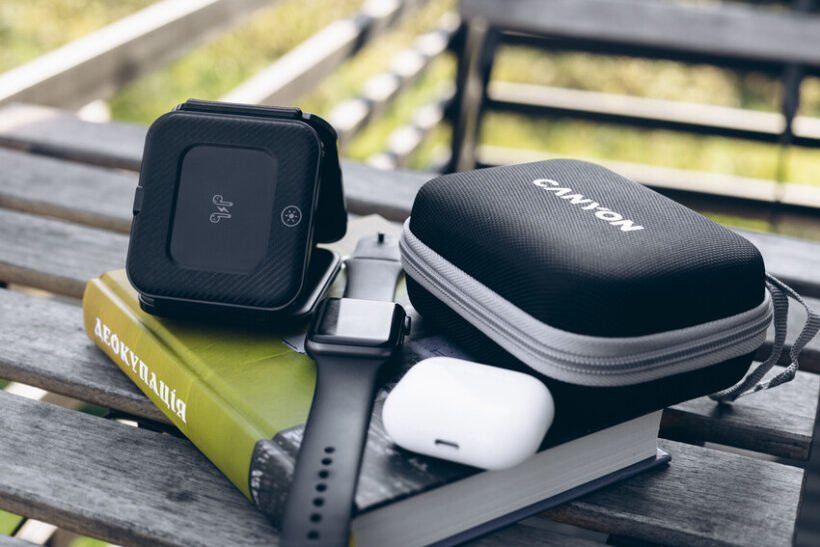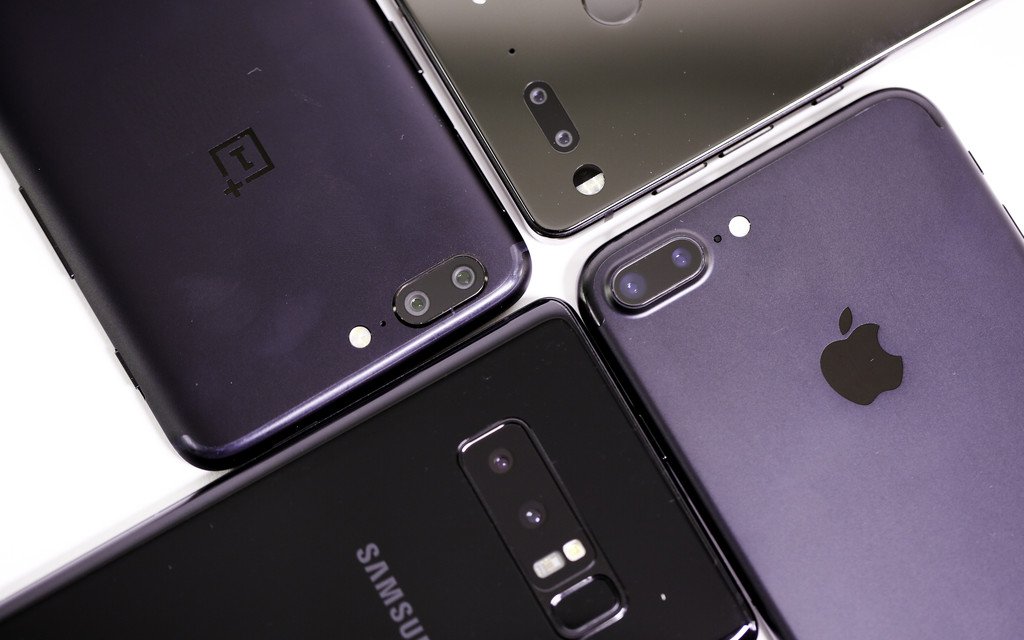When it comes to choosing a timepiece, the debate between smartwatches and classic watches is stronger than ever. Both offer unique benefits: smartwatches keep you connected and track your health, while classic watches embody timeless elegance and craftsmanship. The right choice depends on your lifestyle, daily needs, and personal style.
In this guide, we’ll compare smartwatches vs classic watches, highlight their pros and cons, and help you decide which one suits your lifestyle best.
What Is a Smartwatch?
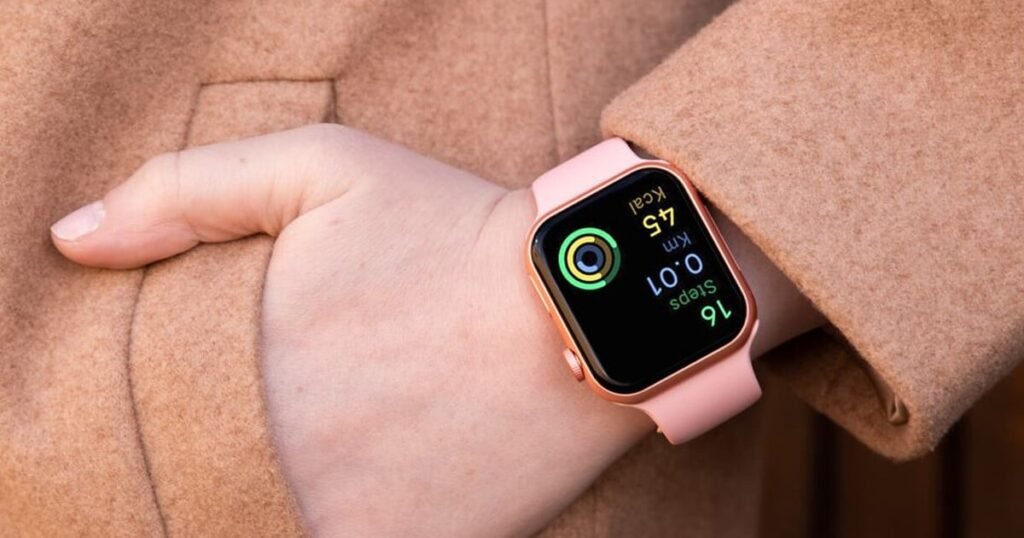
A smartwatch is a wearable device that combines traditional watch functionality with advanced digital features. It typically connects to your smartphone and provides access to apps, notifications, health tracking, and even mobile payments.
Key Features of a Smartwatch
- Fitness and health tracking (heart rate, steps, sleep, SpO2)
- Notifications for calls, texts, and apps
- GPS navigation and maps
- Music control and streaming
- Mobile payments (e.g., Apple Pay, Google Pay)
- Customizable watch faces
What Is a Classic Watch?
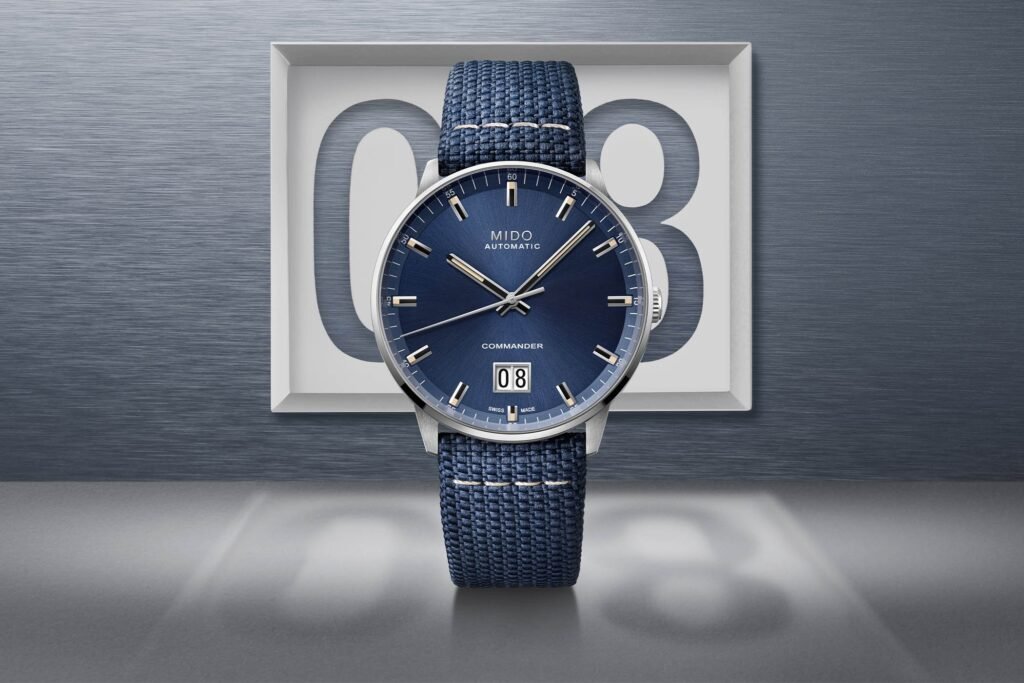
A classic watch is a traditional timepiece powered by quartz or mechanical movements. It focuses on style, craftsmanship, and durability, rather than digital features. Classic watches come in different styles—dress watches, dive watches, and casual everyday watches.
Key Features of a Classic Watch
- Timeless, elegant design
- Mechanical or quartz movements
- Premium materials (stainless steel, sapphire crystal, leather)
- No need for constant charging
- Collectible value for luxury models
Smartwatch vs Classic Watch: Side-by-Side Comparison
| Feature | Smartwatch | Classic Watch |
|---|---|---|
| Functionality | Fitness tracking, notifications, apps | Timekeeping, date, sometimes chronograph |
| Style | Modern, sporty, customizable faces | Timeless, elegant, professional |
| Battery Life | 1–7 days depending on model | Months to years (battery or mechanical winding) |
| Durability | Varies (some are water-resistant but fragile screens) | Built to last, often water & scratch-resistant |
| Price Range | $100 – $800 (premium $1,000+) | $50 – $50,000+ (luxury models) |
| Resale/Collectible Value | Low resale, outdated quickly | High resale for luxury & limited editions |
| Best For | Tech lovers, fitness enthusiasts, professionals on-the-go | Business settings, formal events, collectors, minimalists |
Pros and Cons of Smartwatches
Pros
- All-in-one fitness and lifestyle device
- Great for multitasking and productivity
- Highly customizable designs
- Continuous health tracking
Cons
- Short battery life (daily charging needed)
- Technology becomes outdated quickly
- Less durable compared to mechanical watches
- Often lacks the luxury status of traditional timepieces
Pros and Cons of Classic Watches
Pros
- Timeless style and craftsmanship
- Long-lasting (can be passed down generations)
- No need for frequent charging
- Can be a symbol of luxury, status, and personality
Cons
- Limited functionality (no health or smart features)
- Requires servicing (mechanical watches)
- Can be expensive, especially for luxury brands
Which Watch Fits Your Lifestyle?
Choose a Smartwatch If:
- You’re a fitness enthusiast who wants health tracking
- You want instant access to calls, texts, and notifications
- You value tech-driven convenience
- You prefer modern, sporty style
Choose a Classic Watch If:
- You appreciate craftsmanship and elegance
- You work in a professional or formal setting
- You want a timepiece that lasts decades
- You see watches as collectibles or fashion investments
FAQs About Smartwatches vs Classic Watches
Q1: Are smartwatches worth it if I already own a smartphone?
Yes, if you want convenience—smartwatches let you check notifications, fitness stats, and calls without pulling out your phone.
Q2: Do smartwatches last as long as classic watches?
No. A smartwatch typically lasts 3–5 years before becoming outdated, while a classic watch can last decades with proper care.
Q3: Can I wear a smartwatch to a formal event?
Yes, but it depends on style. Some smartwatches allow classic leather bands that make them look more formal. However, a dress watch is still more appropriate for black-tie events.
Q4: Which watch is better for investment?
Classic watches—especially luxury brands like Rolex, Omega, or Patek Philippe—often appreciate in value. Smartwatches, on the other hand, depreciate as new models come out.
Q5: Do smartwatches work without a smartphone?
Some models (like LTE smartwatches) work independently, but most require a paired smartphone for full functionality.
Final Verdict: Smartwatch or Classic?
The choice between a smartwatch and a classic watch ultimately depends on lifestyle and personal preference. If you want convenience, connectivity, and health tracking—choose a smartwatch. If you want style, durability, and heritage—go for a classic watch.
👉 For many, the best solution is owning both: a smartwatch for everyday use and workouts, and a classic watch for business, formal events, or special occasions.

